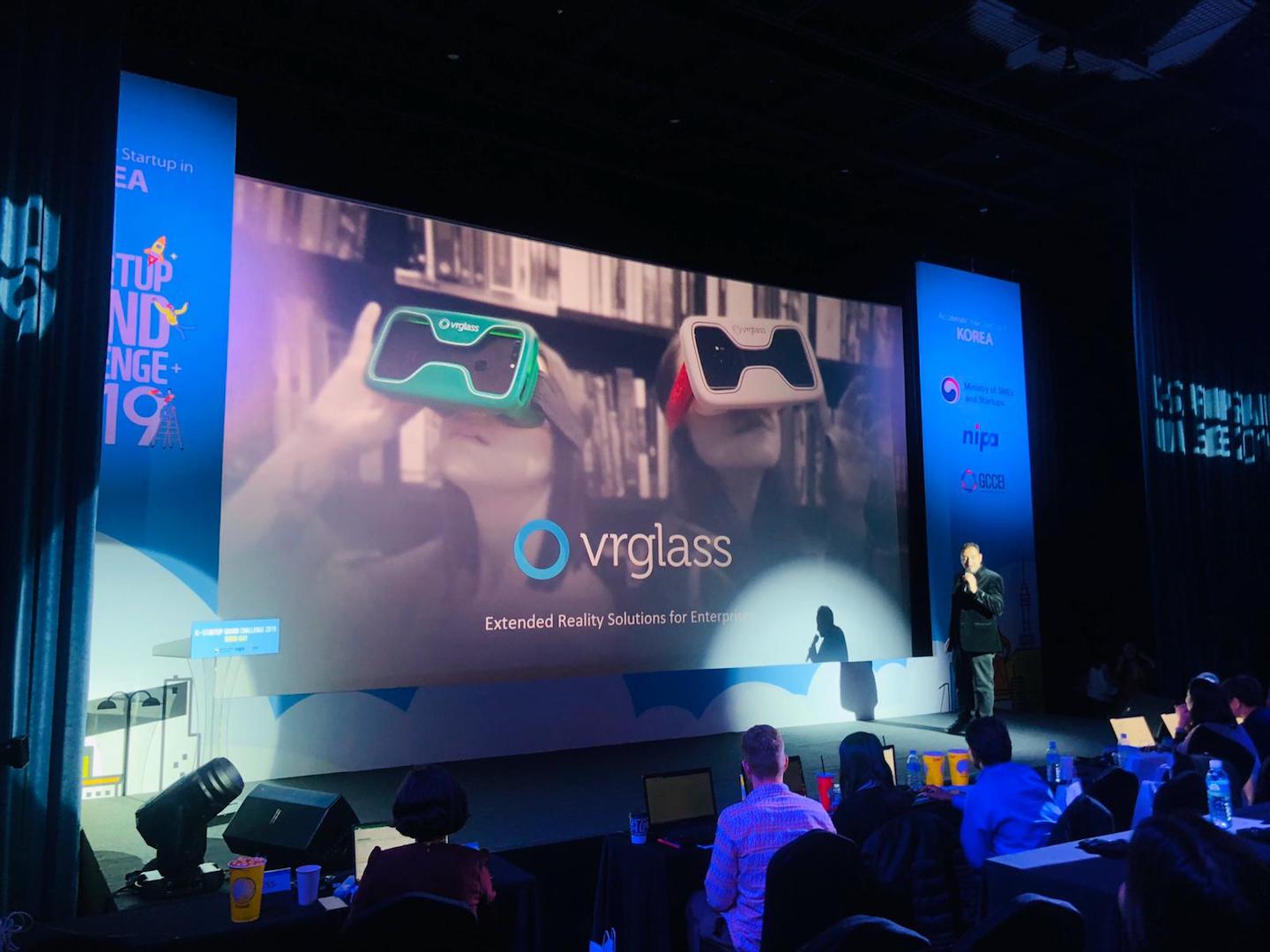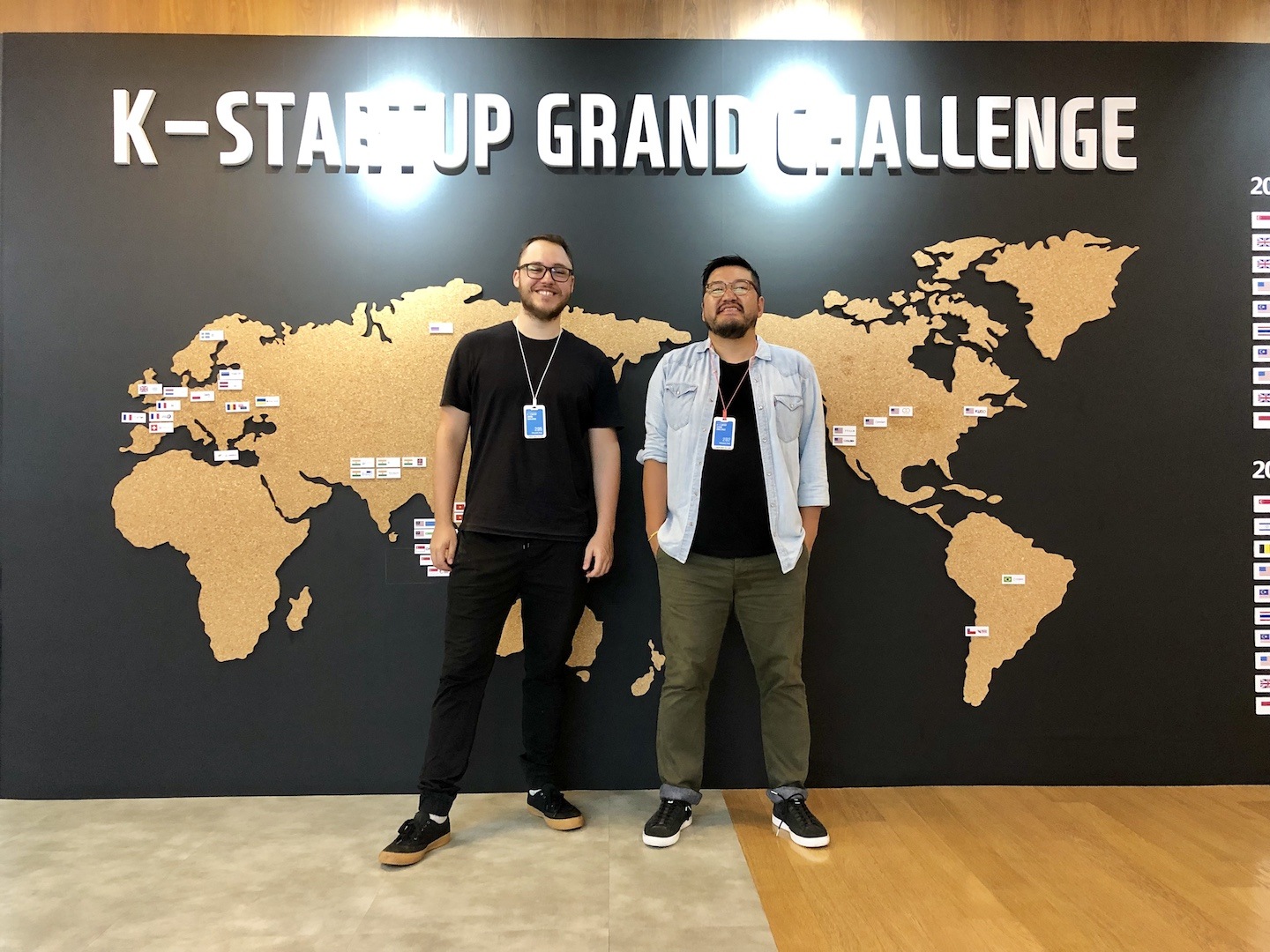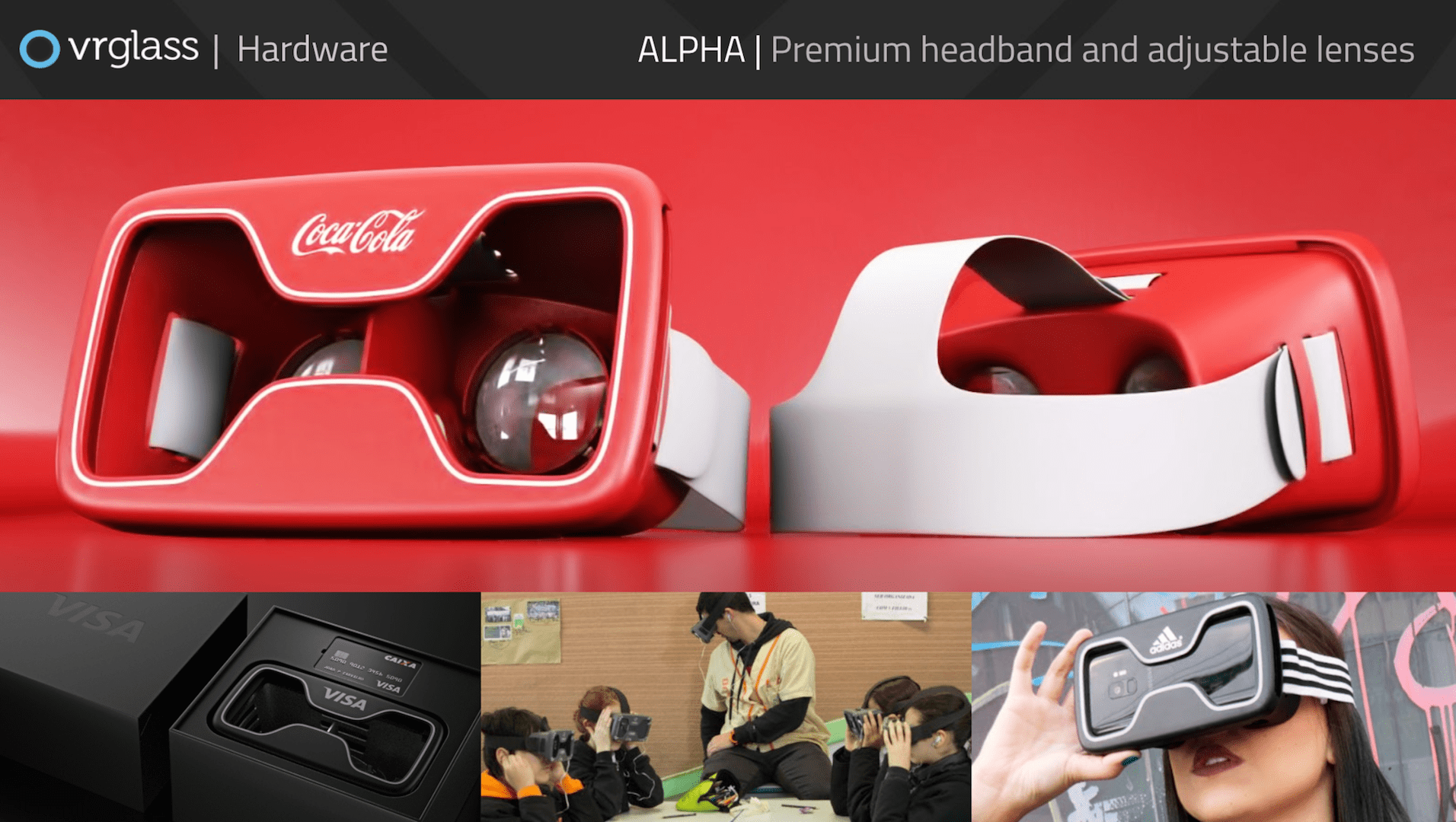SÃO PAULO, BRAZIL – After working with clients like Coca-Cola, Faber Castell and the São Paulo Auto Show, Brazilian startup studio, VRGlass, specializing in content for virtual reality applications, now hopes to expand its product to the Asian and world markets, with help from a program funded by the government of South Korea.

“I believe we were the second Brazilian company to apply for the program since it started four years ago and the first (Brazilian company) to make it through the two selections,” says Cesar Noda, CCO of VRGlass.
In 2019, according to Noda, VRGlass was one of the 40 companies chosen to be part of a three-and-a-half-month program dubbed the K-Startup Grand Challenge (KSGC) and funded by the South Korean government.
“There were approximately 3,500 companies from all over the world that competed, and only 40 were chosen; we were one of them,” he tells The Rio Times over a teleconference call.
After the initial period, twenty companies were asked to remain in South Korea for another three-and-a-half-months; again, VRGlass made the cut. The South Korean government provided between US$10,840 and US$15,490 for living expenses for each of the participants for each of the two phases.
“Although I miss Brazil and there are many cultural differences, I decided to stay on,” says Noda, admitting that now, with the news of rising numbers of Covid-19 cases in South America, he is likely safer in Seoul than in his native Brazil.

Noda says he has now set up a branch of VRGlass in Seoul and has talked to companies such as Samsung and local telecom operators to try to sell the company’s content to Korean businesses.
“There is much to be learned from the South Koreans. They are not seeking merely innovative products, but rather sustainable platforms,” he says, adding that his product has been well accepted because Asian companies are seeking new solutions to be used in 5G technology.
“Whoever can supply the markets with sustainable platforms will be successful. There are many applications for virtual reality: everything from entertainment, to education, health, and retail, all the way to monitoring of equipment in industry,” he says.
Noda says that, due to the Covid-19 pandemic, there are many uncertainties as to the route economies like the United States and Brazil will take in the coming months. Economies in Asia, on the other hand, seem to be more stable, he notes.
“It (Asia) is still a gamble, but less risky than, say, Brazil or the United States,” he explains.
Named as the one of the ten most attractive startups in 2019 and the top VR/AR startup by Open Innovation platform, VRGlass has delivered more than 150 projects for global brands, including an interactive coloring game for Faber-Castell which became the most downloaded Brazilian educational app on the AppStore in 2018, with more than 600,000 downloads.

By encouraging foreign startups like VRGlass to set up branches in Seoul, South Korea’s government seeks to become the Silicon Valley of Asia. Under the Ministry of SMEs (small and medium sized enterprises) and Startups, it is helping foreign startups to enter the Korean and international markets and promoting Korea as a global startup hub.
“For KSGC 2020, we expect to get 2,000 applications overall. The reason we are getting many applicants is the active support of the government, even though we are in the COVID-19 pandemic situation,” Kyunghwan Lee, Team Leader of the Global Startup Team for the National IT Industry Promotion Agency (NIPA), was recently quoted as saying by a tech news website.
“This is the biggest difference from Silicon Valley, which mainly has private accelerator programs. The grand challenge program is supported by the Ministry of SMEs and Startups and National IT Industry Promotion Agency, and the Ministry of Science and ICT actively supports venture business as well,” added the official.
Korea’s capital, Seoul, is already home to more than 8,000 startups and at least 85 accelerators and the country has a total of ten unicorn companies. According to Forbes magazine, South Korea has the highest government backing per capita of startups in the world.

